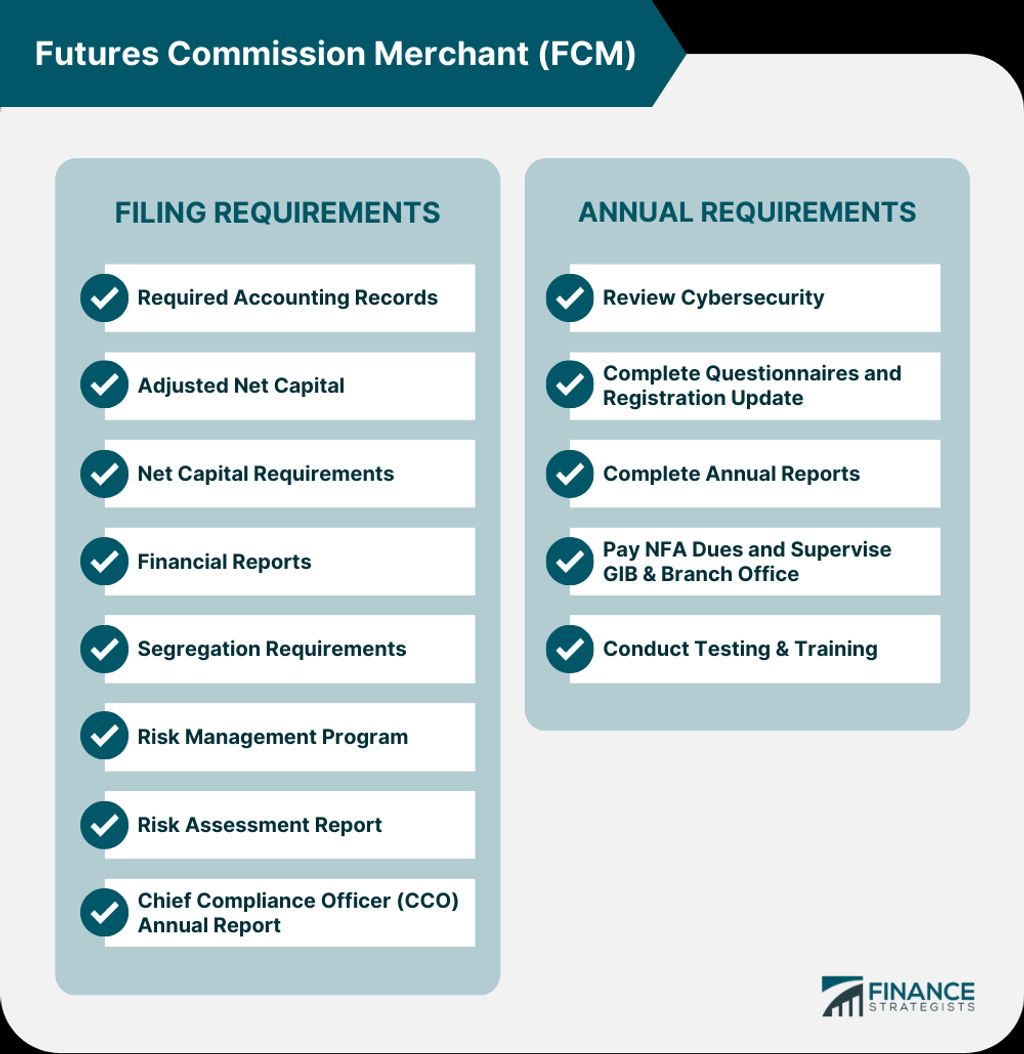Merchant credit card rules can be complex and confusing for businesses. However, understanding and complying with these rules is crucial for maintaining a successful and secure payment processing system. This comprehensive guide will demystify merchant credit card rules and provide businesses with the knowledge and best practices they need to ensure compliance. From key terminology to common violations and penalties, this guide covers it all. Read on to learn more about the important aspects of merchant credit card rules.
Key Takeaways
- Understanding key terminology in merchant credit card rules is essential for businesses.
- Compliance requirements for businesses include maintaining secure payment processing systems and protecting cardholder data.
- Common violations of merchant credit card rules can result in significant penalties and fines.
- Implementing best practices for ensuring compliance, such as regular audits and employee training, is crucial for businesses.
- By understanding and following merchant credit card rules, businesses can maintain a trustworthy reputation and secure payment processing system.
Understanding Merchant Credit Card Rules

Key Terminology in Merchant Credit Card Rules
In the world of business, it is crucial to have a solid understanding of merchant credit card rules. These rules govern how businesses accept and process credit card payments, ensuring a smooth and secure transaction process. Key terminology in merchant credit card rules provides the foundation for businesses to navigate this complex landscape.
Compliance Requirements for Businesses
As businesses, we must adhere to strict regulations to ensure compliance with merchant credit card rules. These regulations are in place to protect both merchants and customers, and failure to comply can result in severe penalties and consequences. It is crucial that we understand and follow these rules to maintain the integrity of our business operations.
Common Violations and Penalties
In our experience, we have observed several common violations and penalties that businesses may face when it comes to merchant credit card rules. It is important for businesses to be aware of these violations and take proactive measures to avoid them. One such violation is the operation of high-risk merchant accounts. These accounts are associated with industries or businesses that have a higher likelihood of chargebacks or fraudulent activities. Understanding the risks associated with high-risk merchant accounts is crucial for businesses to mitigate potential losses and maintain compliance.
Best Practices for Ensuring Compliance
When it comes to ensuring compliance with merchant credit card rules, there are several best practices that we recommend. These practices are designed to help businesses navigate the complex landscape of credit card processing and avoid potential violations and penalties. Here are some key practices to consider:
Conclusion
In conclusion, understanding and adhering to merchant credit card rules is crucial for businesses to maintain compliance and avoid penalties. By familiarizing themselves with key terminology, businesses can navigate the complex landscape of credit card rules more effectively. Additionally, implementing best practices and staying up to date with compliance requirements will help businesses ensure a smooth and secure payment process for their customers. It is essential for businesses to prioritize compliance and continuously educate themselves on the ever-evolving merchant credit card rules to protect their reputation and financial well-being.
Frequently Asked Questions
What are merchant credit card rules?
Merchant credit card rules are a set of regulations and guidelines that businesses must follow when accepting credit card payments. These rules are established by credit card networks like Visa, Mastercard, and American Express to ensure secure and fair transactions.
What is PCI DSS compliance?
PCI DSS (Payment Card Industry Data Security Standard) compliance is a set of security standards that businesses must adhere to in order to protect cardholder data. It includes requirements for secure network infrastructure, regular system monitoring, and strong access control measures.
What are some common violations of merchant credit card rules?
Common violations of merchant credit card rules include storing cardholder data in an insecure manner, failing to properly validate and authenticate transactions, and not maintaining proper documentation of transactions and chargebacks.
What are the penalties for non-compliance with merchant credit card rules?
Penalties for non-compliance with merchant credit card rules can range from fines imposed by the credit card networks to termination of the business’s ability to accept credit card payments. In some cases, businesses may also face legal action and damage to their reputation.
How can businesses ensure compliance with merchant credit card rules?
Businesses can ensure compliance with merchant credit card rules by implementing secure payment processing systems, regularly training employees on compliance requirements, conducting regular security audits, and staying updated on the latest regulations and guidelines.
Are there any exceptions or special rules for small businesses?
While there may be some variations in compliance requirements based on the size and nature of the business, the core merchant credit card rules apply to all businesses that accept credit card payments. It is important for small businesses to understand and adhere to these rules to protect themselves and their customers.








